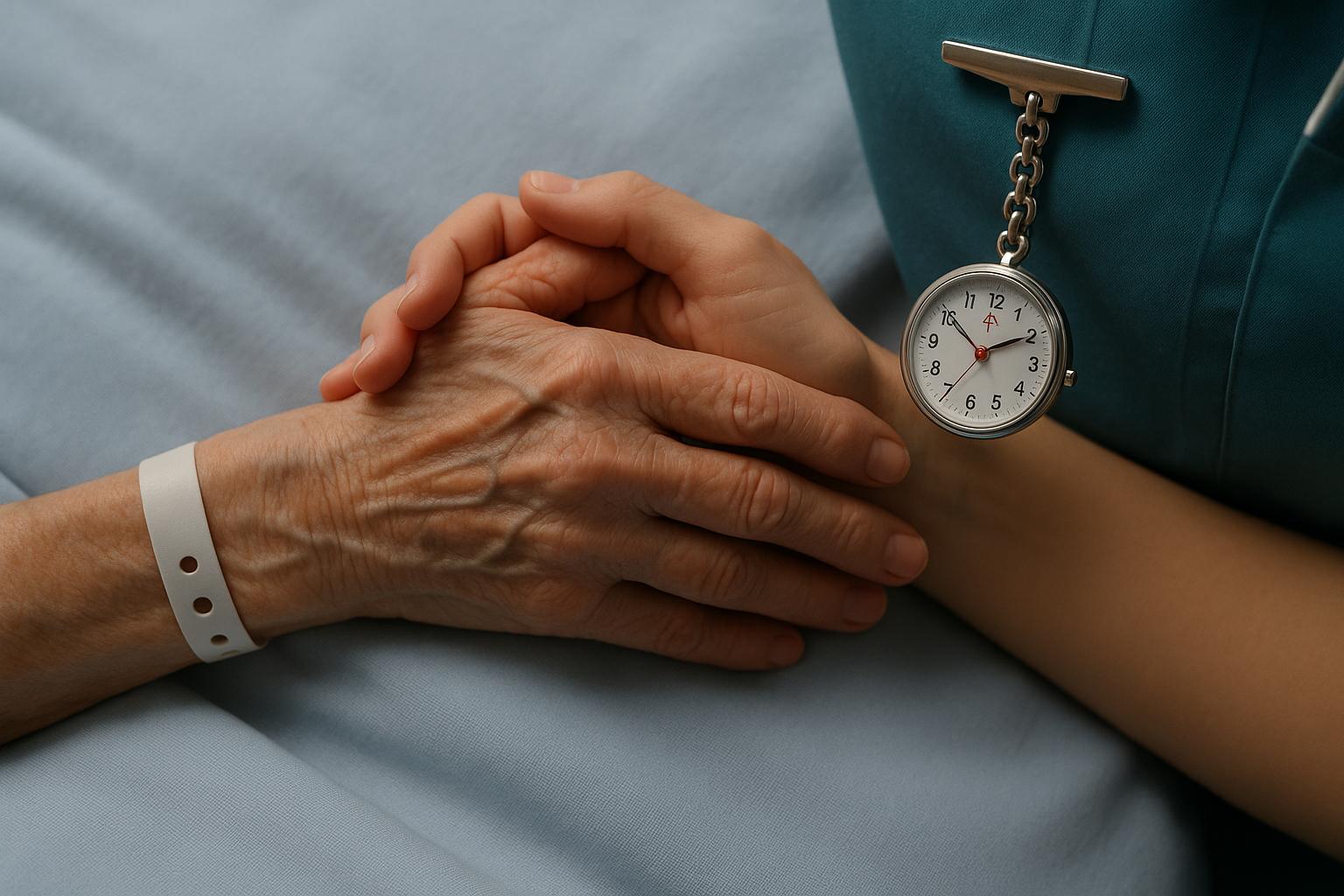Dr Oscar Duke, a frequent contributor to BBC Morning Live, recently emphasised the life-saving importance of remembering a simple four-letter word: FAST. During the October 29 broadcast, he shared this crucial insight amid a conversation with singer Lauren Jean, who survived a stroke at just 17 years old. Lauren's frightening experience began with sudden numbness on one side of her body during a family holiday in Spain. After falling and hitting her head, her mother's quick recognition of stroke symptoms and rapid emergency response proved pivotal to Lauren's survival.
Dr Duke underscored the urgency of acting swiftly when stroke symptoms appear, noting that about 240 people each day wake up to stroke effects. Remarkably, 10 to 15% of strokes occur in individuals under 50, highlighting that young people are not immune. He described the FAST acronym—Face, Arms, Speech, Time—as a vital tool to identify a stroke: a drooping face when smiling, arm weakness with one arm feeling heavier and dropping, slurred or garbled speech, and the necessity to call emergency services immediately. Lauren recounts difficulties with speech during her stroke, describing the frustration of knowing what she wanted to say but being unable to articulate it.
The FAST mnemonic aligns with advice from global health authorities such as the American Stroke Association and UT Southwestern Medical Center, which also advocate for rapid recognition and action to improve stroke outcomes. Additional variations, like BE FAST, incorporate balance and eyesight changes, but research from the American Heart Association suggests that FAST remains the most effective for public recall and encouraging timely emergency calls.
Lauren’s stroke was caused by a patent foramen ovale (PFO)—a hole in the heart—combined with contraceptive pill use. Medics explained that a clot originating from her leg passed through this heart defect to her brain. The altitude during air travel likely accelerated the stroke onset, highlighting how specific risk factors and conditions can interplay dangerously. After heart surgery to correct the PFO, Lauren embarked on a remarkable recovery journey.
Dr Duke also offered guidance for those who might suffer a stroke when alone. He stressed the importance of raising an alarm by any means possible, including calling 999 or knocking on a neighbour’s door, reassuring that emergency operators are trained to assist even if speech is impaired or unclear.
Lauren's recovery exceeded expectations; initially told she might never walk again, she defied medical prognoses through intense physiotherapy and determination. She recently completed the London Marathon, running for the British Heart Foundation—a testament to resilience and the value of timely medical intervention.
This story serves as a poignant reminder of stroke’s sudden onset and the critical nature of recognising signs through the FAST acronym. Immediate response can mean the difference between life and death, or between severe disability and a full recovery.
📌 Reference Map:
- Paragraph 1 – [1] (Nottingham Post)
- Paragraph 2 – [1] (Nottingham Post)
- Paragraph 3 – [1] (Nottingham Post), [2] (American Stroke Association), [5] (UT Southwestern Medical Center)
- Paragraph 4 – [3] (American Heart Association), [4] (Duke Health)
- Paragraph 5 – [1] (Nottingham Post)
- Paragraph 6 – [1] (Nottingham Post)
- Paragraph 7 – [1] (Nottingham Post), [7] (Baylor Scott & White Institute for Rehabilitation)
Source: Noah Wire Services
